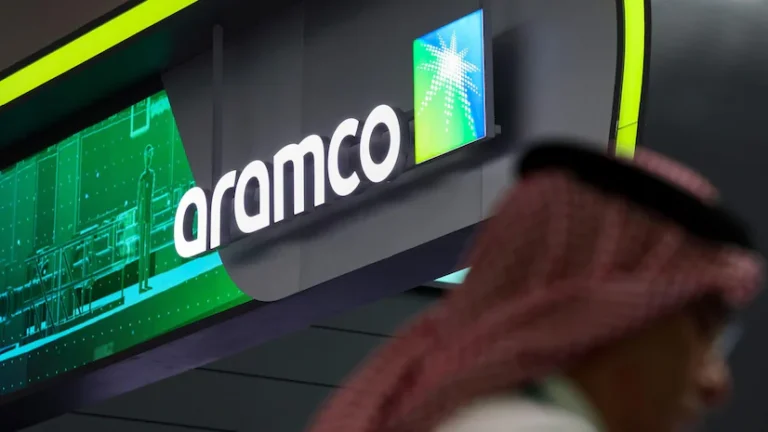Saudi Arabia’s offering of shares in the oil giant Aramco received more demand than the available stock shortly after launching on Sunday, potentially raising up to $13.1B in a significant test of global interest in the kingdom’s assets.
The banks involved in the deal will accept institutional orders until Thursday and will set the share prices the following day, with trading expected to commence on Riyadh’s Saudi Exchange the subsequent Sunday.
The offering will serve as an indicator of Riyadh’s attractiveness to foreign investors, a crucial aspect of the kingdom’s economic reform plan. Foreign direct investment has consistently fallen short of its targets.
Analysts and sources suggest that the sovereign wealth fund, the Public Investment Fund (PIF), which is spearheading numerous initiatives, may benefit from the raised funds, having invested extensively in various sectors from sports to futuristic urban projects.
Aramco’s shares closed approximately 2 per cent lower on Sunday at SAR 28.45 ($7.53).
Saudi Arabia is offering approximately 1.545 billion Aramco shares, or 0.64 per cent, priced between SAR 26.7 and SAR 29, equating to just under $12B at the upper end of the range.
One of the banks managing the deal stated in an investor update reviewed by Reuters that “books are covered on the full deal size within the price range,” indicating that demand surpassed the available shares. The banks have the option to increase the offering by around $1 billion. If all shares are sold, the Saudi government will reduce its stake in the world’s leading oil exporter by 0.7 per cent.
Leading financial institutions overseeing the Aramco stake sale include Citi, Goldman Sachs, HSBC, JPMorgan, Bank of America, Morgan Stanley, along with local firms like Saudi National Bank, Al Rajhi Capital, Riyad Capital, and Saudi Fransi. Independent financial advisers for the deal include M Klein and Company and Moelis.
UBS Group’s Credit Suisse Saudi Arabia unit, alongside BNP Paribas, Bank of China International, and China International Capital Corporation, are also involved in seeking buyers for the shares, according to a stock exchange filing on Sunday.
Approximately 10 per cent of the new offering will be reserved for retail investors based on demand.
The launch coincided with a meeting of the OPEC+ group, which agreed to extend most of its substantial oil output cuts well into 2025 to stabilize the market amid sluggish global demand growth, high interest rates, and increased competition from US production. While some OPEC+ ministers gathered in Riyadh, others participated online.
Despite lower profits due to reduced volumes, Aramco has increased its dividends, introducing a new performance-linked payout system last year.
Saudi Arabia currently produces around 9 million barrels per day (mbpd) of crude, representing roughly 75 per cent of its maximum capacity.
The Saudi government directly holds just over 82 per cent of Aramco, while PIF owns 16 per cent – 12 per cent directly and 4 per cent through its subsidiary Sanabil, with the remainder held by public investors.


